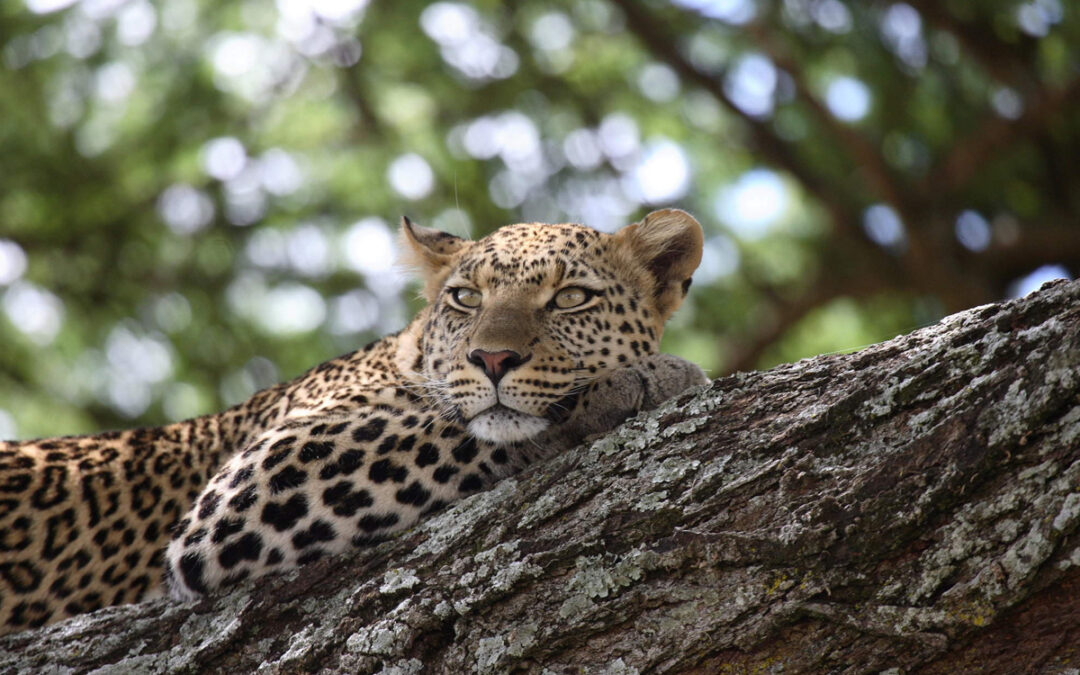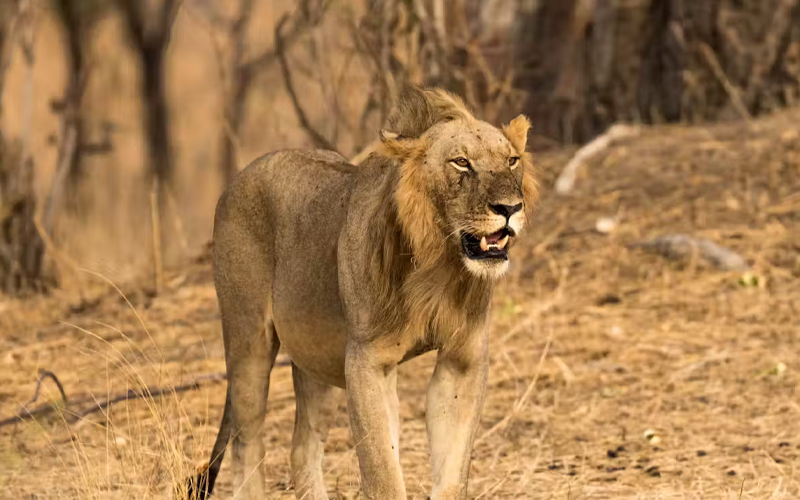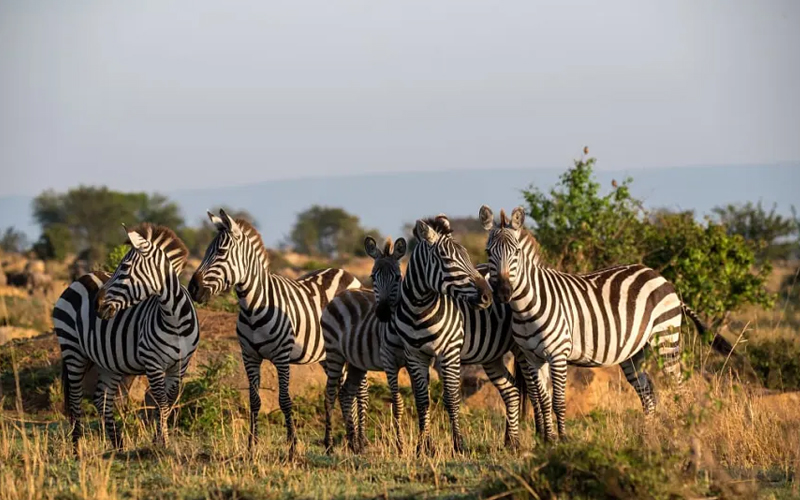Tanzania Safari and Climate Change 2025
Climate change isn’t a distant threat—it’s a reality reshaping ecosystems worldwide. In Tanzania, home to some of the most iconic safari experiences, the impact is visible. From shifting migration patterns to changing landscapes, let’s explore how climate change is redefining Tanzania’s safari adventures in 2025.
Climate Change and Tanzania’s Wildlife
- Shifting Migration Patterns: The Great Wildebeest Migration, a spectacle of over a million animals, heavily depends on seasonal rainfall. Unpredictable weather is altering the timing and routes of this migration, leaving predators and prey struggling to adapt.
- Habitat Loss and Fragmentation: Deforestation, human encroachment, and erratic weather patterns are shrinking habitats. Species like elephants and lions now face fragmented landscapes, making it harder to find food and water.
- Changes in Animal Behavior: Animals are adapting to survive. For instance, some predators are hunting at unusual hours to cope with extreme temperatures, while herbivores are moving closer to human settlements in search of food.
Impact on Tanzania’s National Parks
- Serengeti National Park: Extended dry seasons and heavy rains are challenging the park’s ecosystem. Rangers and conservationists are working tirelessly to maintain this World Heritage site.
- Ngorongoro Conservation Area: Ngorongoro faces the dual challenge of sustaining wildlife and supporting the indigenous Maasai communities. Climate change intensifies this balancing act.
- Tarangire National Park: Famous for its baobabs and elephants, Tarangire is battling prolonged droughts, which impact the park’s vibrant wildlife.
Water Scarcity and Safari Tourism
- Rivers and Water Sources Drying Up: Seasonal rivers, once reliable water sources, are disappearing faster than ever. This creates life-or-death situations for wildlife and diminishes the allure of certain safari regions.
- Increased Competition for Resources: Water scarcity intensifies competition among species. Predators and prey often share diminishing waterholes, creating rare yet dramatic wildlife encounters.
The Human-Wildlife Conflict
- Rising Tensions: Communities near national parks often rely on the same resources as wildlife. Drought exacerbates these conflicts, leading to poaching or retaliatory killings of animals.
- Solutions in Action: Governments and NGOs are introducing innovative solutions, such as building water points for both humans and wildlife and creating buffer zones to reduce conflicts.
Adapting Safari Experiences to Climate Change
- Eco-friendly Lodges: Many lodges are adopting sustainable practices, such as solar energy, water recycling, and locally sourced materials, to minimize their environmental impact.
- Guided Tours with Conservation Education: Tour operators are incorporating conservation education into their safaris, ensuring tourists understand the importance of preserving Tanzania’s wildlife.
Conservation Efforts to Protect Tanzania’s Wildlife
- Community Involvement: Engaging local communities in conservation efforts is crucial. Programs that offer alternative livelihoods reduce reliance on natural resources and foster coexistence.
- Global Contributions: International organizations play a pivotal role in funding anti-poaching initiatives, reforestation projects, and wildlife monitoring.
Sustainable Travel Practices for Safari Enthusiasts
- Supporting Eco-friendly Operators: Choosing operators with green certifications ensures your safari leaves a minimal footprint.
- Reducing Your Carbon Footprint: Offset your emissions, avoid single-use plastics, and respect park guidelines to contribute to sustainable tourism.
Looking Ahead to the Future
The future of Tanzania’s safari industry hinges on collective action. Governments, NGOs, local communities, and travelers must work together to mitigate climate change’s effects. Safaris may evolve, but with conscious efforts, Tanzania’s wilderness can thrive.
Climate change is undeniably reshaping Tanzania’s safari experiences, but it’s not all doom and gloom. By adapting to new challenges and embracing sustainability, Tanzania can continue offering unforgettable adventures. As travelers, we have the power to support these efforts and ensure that future generations experience the magic of Tanzania’s bush.
FAQs
- How is climate change affecting Tanzania’s wildlife?
It alters migration patterns, shrinks habitats, and forces animals to adapt to new behaviors. - What are some eco-friendly safari practices I can adopt?
Choose sustainable operators, avoid waste, and offset your travel emissions. - How does water scarcity impact safari tourism?
It reduces water sources for wildlife, creating challenges for both conservation and visitor experiences. - What conservation efforts are underway in Tanzania?
Community projects, anti-poaching initiatives, and habitat restoration are key strategies. - Why should I prioritize sustainable travel when visiting Tanzania?
Your actions help preserve ecosystems, support local communities, and ensure the future of safaris.
Discover Tanzania’s Best Experiences!
Explore our pages for detailed information on:
- Arusha National Park: A haven of diverse wildlife and stunning landscapes near the bustling city of Arusha.
- Balloon Safari Tanzania: Soar above the Serengeti and other iconic parks for a breathtaking aerial view of the wilderness.
- Tanzania Destinations: Discover the must-visit spots that make Tanzania a top travel destination.
- Kilimanjaro Climbing: Embark on the ultimate adventure to reach the roof of Africa.
Start your journey to explore Tanzania’s beauty today!



